By Robyn Stewart (ILC), Giulia Barbanente (IFAD) and Romy Sato (GDPRD)
In the context of the 2018 Global Land Forum of the International Land Coalition in Bandung, the Global Donor Working Group on Land organised a session on “The Governance of Domestic Investment into Land”. The session highlighted the importance of recognising the role played by local, domestic investors into land. Based on experiences from Asia and Africa, this session addressed the need to better govern domestic investors who are often overshadowed by large scale, foreign investors. Discussions surrounded the need for a paradigm shift towards improved recognition of smallholder investors, the importance of data and information, and the introduction of more substantial guidelines. The session was moderated by Harold Liversage, the land tenure specialist from IFAD, and included perspectives from civil society (CSO), government and farmers’ association.
‘Smallholders are also agricultural investors’
The first speaker was Justine Sylvester from Village Focus International, a CSO from Laos. Justine, who works closely with investors in Laos, explained that there is a global preoccupation when it comes to foreign direct investment in agriculture, which often fails to account for transboundary investments and smaller-scale and localised investments. This is problematic in regions where there has been a proliferation of smallholders planting cash crops, becoming commercialised and forming local level contracts with traders – of which the cumulative impacts are very significant. Moving beyond the concept of domestic investments being only agribusinesses, Justine argued in favor of a paradigm shift to acknowledge that smallholders are agricultural investors in their own right. Justine then addressed the contribution of civil-society organisations, explaining that there is a huge potential for CSOs to work with domestic investors (and local governments) to operationalize global guidance and standards – putting into practice the VGGT, RAI Principles, FPIC, etc. This has opened the door to work with other stakeholders, smaller companies and helping to integrate principles into institutional framework and working towards agreement contracts that are culturally appropriate. Concluding, Justine argued that civil society needs support to continue promoting responsible agricultural investment and engaging with domestic investors.
The need for a roadmap for domestic investors
Benzualem Mogessie, from the Ethiopian Horticulture and Agricultural Investment Authority (EHAIA), was asked about the challenges to managing domestic investment. He explained that there are conflicts with communities where there is a weak institutional capacity. The current need for a clear policy direction when it comes to domestic investors will likely be addressed by the upcoming land use plan and policy. He continued to explain that there is a severe need for guidelines to set a roadmap for industrial agriculture, filling the capacity gaps of the current agricultural investments. The translation of the VGGTs in local languages have recently allowed to breach the gap and allowing fruition of the guidelines at the local level. There is further need for a support system for local investments, which should provide support to address burocratic constraints and provide incentives for investment. Another major issue is corruption, which affects decision-making about how to distribute land, where and to whom land should be assigned. He explained that corruption levels are currently too high. In this light, Mogessie argued that better recognition of livelihood systems is vital. Mogessie was then asked about the potential of a paradigm shift towards recognising domestic, smallholder investors in their own right and the implications on government and policy. He addressed the need for respecting local land practices. This can be done through working with local governments towards a shift in systems, helping to build the capacities of local people dependent on the land.
Better data to minimize risks for smallholders
The third speaker was Dr. Tran Thi Thuy from the Vietnam Rubber Associaiton. Dr. Tran addressed the advantages and disadvantages and risks of domestic farmers versus foreign investors, explaining her experience of working with small-scale investors in the rubber industry. She explained that the world demand on natural rubber encourages the development of rubber plantations and creates important income for more than 5 million smallholders in an area of about 14 million ha. At the same time, smallholders are increasingly being exposed to the risk of being forced out of business by foreign investors. Small-scale rubber farmers often enjoy good incomes but they face risks during development due to increasing prices, which encourage foreign investors and lead to oversupply and a decrease in prices. This is significantly impacting local livelihoods. Professional associations can make the link between agribusinesses and CSOs/NGOs to support farmers and growers developing sustainable rubber plantations which mitigate socio-environmental risks and follow the “Zero-deforestation” policy. Regarding the need for better data and information about domestic investments, Dr. Tran explained that, particularly in Vietnam, it is important to disseminate information in order to understand the situation of the rubber markets, of supply and demand and prices. She also said that a better database of the rubber sector in Vietnam would help growers to work according to international standards, complying to guidelines surrounding responsibility, transparency and sustainability.
